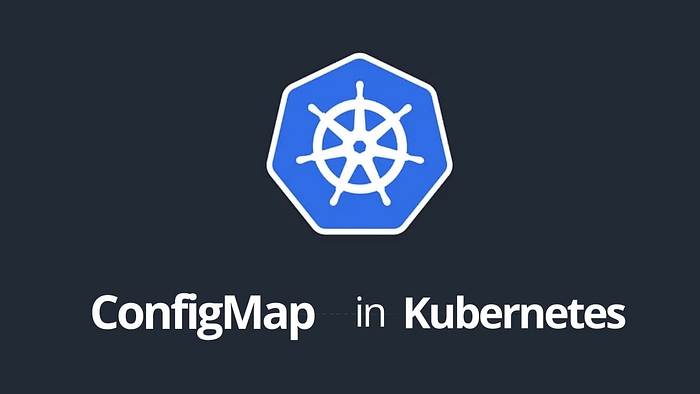Understanding Kubernetes: Part 8 -ConfigMap

If you’ve been following our Kubernetes series 2025, welcome back! For new readers, check out Part 7: Understanding Kubernetes: StatefulSet
What is a ConfigMap in Kubernetes?
A ConfigMap in Kubernetes is an API object that allows you to store configuration data as key-value pairs. It decouples configuration settings from application code, enabling you to manage environment-specific configurations without modifying the application. ConfigMaps are used to inject configuration data into containers as environment variables, command-line arguments, or configuration files.
For example:
If you have a web application that needs to connect to a database, you can store the database connection string, credentials, or other settings in a ConfigMap. This keeps your application code clean and ensures configurations can be updated without rebuilding the application image.
ConfigMap Capabilities:
Decoupled Configuration: Separates application configuration from its deployment.
Dynamic Updates: Allows changes to configuration without restarting pods (if the application supports it).
Flexible Usage: Can be used as environment variables, mounted volumes, or directly accessed by applications.
Multi-environment Support: Simplifies managing configurations across development, staging, and production environments.
In my previous role:
As a Senior DevOps Engineer, I used ConfigMaps extensively to manage environment-specific settings for microservices in our Kubernetes clusters. For example, in a Node.js application, I stored API endpoints, logging levels, and feature flags in a ConfigMap. This approach allowed us to quickly switch between staging and production environments without modifying the container images. I also used ConfigMaps to centralize application configurations, making them easier to manage and audit during deployments.
Here’s a simple YAML for a ConfigMap:
apiVersion: v1
kind: ConfigMap
metadata:
name: app-config
data:
DATABASE_HOST: db.example.com
DATABASE_PORT: "5432"
LOG_LEVEL: infoThis ConfigMap stores configuration data such as database host, port, and logging level. Applications can reference this data to dynamically adapt their behavior based on the environment. ConfigMaps are a powerful tool for managing configurations in Kubernetes, ensuring scalability and flexibility for modern applications.
🚀 Ready to Master Kubernetes?
Take your Kubernetes journey to the next level with the Master Kubernetes: Zero to Hero course! 🌟 Whether you’re a beginner or aiming to sharpen your skills, this hands-on course covers:
✅ Kubernetes Basics — Grasp essential concepts like nodes, pods, and services. ✅ Advanced Scaling — Learn HPA, VPA, and resource optimization. ✅ Monitoring Tools — Master Prometheus, Grafana, and AlertManager. ✅ Real-World Scenarios — Build production-ready Kubernetes setups.
🎓 What You’ll Achieve
💡 Confidently deploy and manage Kubernetes clusters. 🛡️ Secure applications with ConfigMaps and Secrets. 📈 Optimize and monitor resources for peak performance.
🔥 Start Learning Now: [Join the Master Kubernetes Course](https://cloudops0.gumroad.com/l/k8s)
Don’t miss your chance to become a Kubernetes expert! 💻✨
🚀 Stay ahead in DevOps and SRE! 🔔 Subscribe now and never miss a beat on Kubernetes and more. 🌟
Last updated